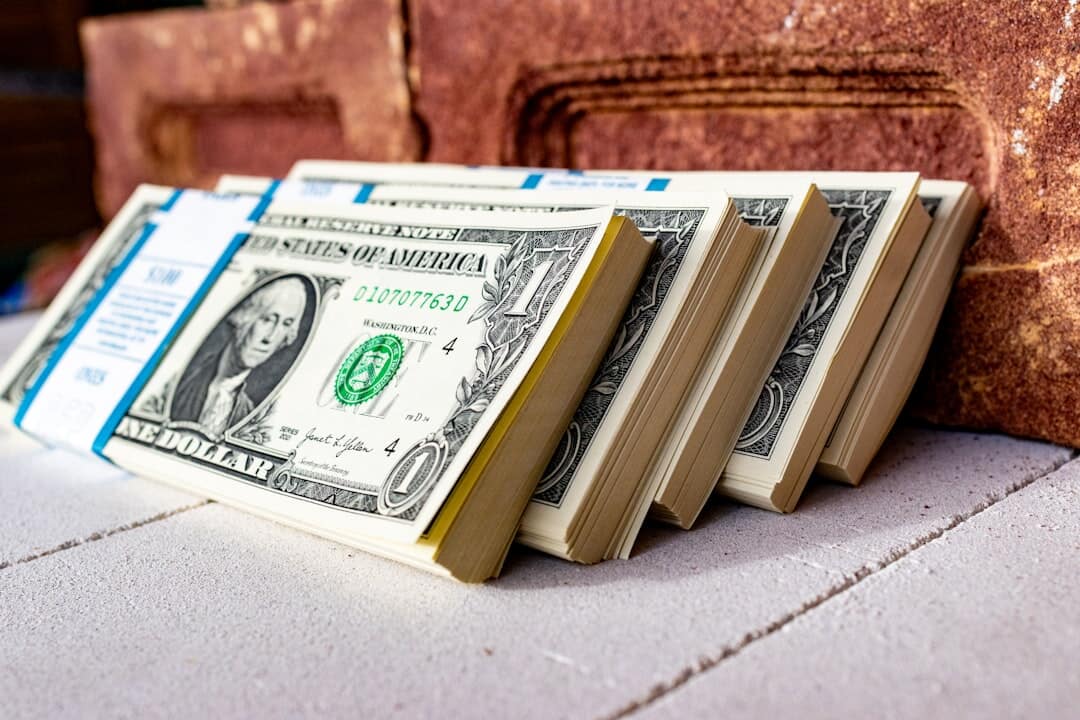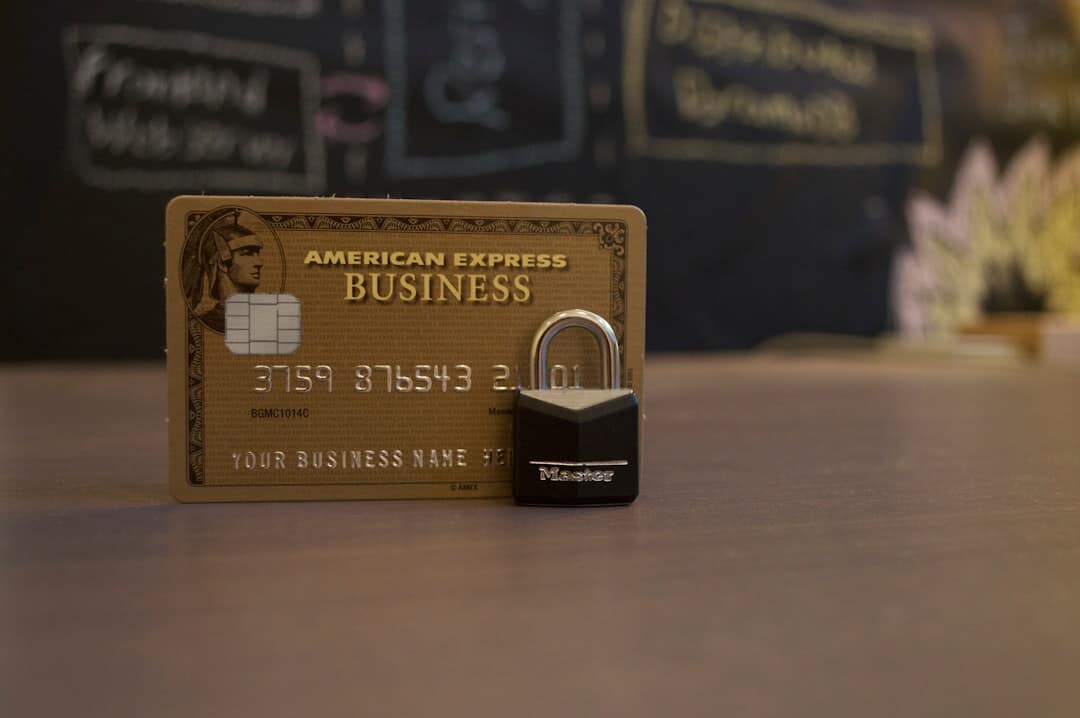When you’re drowning in credit card debt at interest rates exceeding 20%, you’ve probably wondered: “Can a personal loan for debt relief help, or is it just moving debt from one place to another?”
Here’s the truth: a personal loan can absolutely provide meaningful debt relief when you consolidate high-interest credit card balances into a loan with a lower rate, fixed payments, and a clear payoff date. The difference between paying 22% on credit cards versus 12% on a personal loan can save you thousands of dollars and years of payments.
However, whether a personal loan truly helps depends on three factors: the interest rate you qualify for, your commitment to not reaccumulating credit card debt, and choosing terms that balance affordability with total cost. A personal loan becomes genuine debt relief when it lowers your interest burden and puts you on a concrete path to being debt-free, not when it just extends the problem.
Ready to determine if a personal loan is the right debt relief strategy for your situation? Let’s break down exactly when personal loans provide real relief versus when they’re just a temporary band-aid.
Table Of Contents:
- What is a Debt Consolidation Loan Anyway?
- How a Personal Loan for Debt Relief Can Work for You
- The Upside: Why This Might Be a Smart Move
- The Downsides: What You Absolutely Need to Watch Out For
- What’s the Impact on Your Credit Score?
- Is This the Right Path for You?
- Other Debt Relief Paths to Consider
- Conclusion
What is a Debt Consolidation Loan Anyway?
Debt consolidation loans combine your existing balances into one new loan. It’s designed to do a single, powerful job of helping you manage your total debt. You use the money from this single loan to pay off all your other high-interest debts, like credit cards or medical bills.
Suddenly, instead of juggling multiple debts, you just have one. You are left with a single, predictable monthly payment. This is often done using an unsecured personal loan, which means you don’t need to provide collateral like your car or home.
The new loan has its own interest rate and its own payment schedule, which is usually much simpler to manage. Keep in mind that certain debts, like a federal student loan, often have their own specific consolidation programs and may not be eligible.
How a Personal Loan for Debt Relief Can Work for You
So, how does this actually play out in real life?
Finding the Right Loan
Your first step is to see what’s out there by looking at different lenders. These include traditional banks, local credit unions, and online lenders. Many lenders provide tools and information on their websites to help you explore your options.
Don’t just jump on the first of many loan offers you see. Compare the interest rates, which are shown as the Annual Percentage Rate (APR), and other terms. A lower APR with a fixed rate means you pay less in interest over the life of the loan.
Getting the lowest rate possible is the main objective to save money. You can often pre-qualify with multiple lenders using a soft credit pull, which won’t hurt your credit score. This allows you to see potential loan amounts and rates before you officially apply.
The Application Process
When you complete a loan application, lenders will look at a few key things to decide if they can help. Your credit score is a big piece of the puzzle. They’ll also look at your income to make sure you can handle the new payment.
Another number they check is your debt-to-income ratio. This compares how much you owe each month to how much you earn. A lower ratio looks better to lenders and can help you get approved for a lower-rate loan.
The personal loan application itself is usually online and straightforward. After you submit it, you can often check your application status through an online account login. If approved, you could get your funds in as little as one business day.
Paying Off Your Old Debts
If your application is approved, the lender will give you the money as a lump sum. This might be deposited directly into your bank account. Some lenders even offer to send the payments directly to your creditors for you, simplifying the card consolidation process.
Then, the most important part comes next. You must use that money to pay off all the credit cards and other debts you intended to. Don’t be tempted to use it for something else, as this discipline is vital to the success of your debt relief plan.
Once those balances are zero, you can focus all your energy on the new single loan. This focused approach is what will help you achieve your goals.
The Upside: Why This Might Be a Smart Move
Taking out a new loan to pay off old ones can seem strange at first. But there are some very powerful benefits that make it an attractive option for many people who feel stuck. It’s all about creating simplicity and saving money.
A Single, Simple Payment
Think about how much mental energy you spend tracking different due dates and payment amounts. It can be exhausting and stressful. It’s easy to accidentally miss one when you have to consolidate bills from various sources.
Consolidating your debt means you only have one payment and one due date to remember each month. This drastically reduces the mental load and helps you stay organized. This simple change can transform your financial life almost overnight.
Potentially Lower Interest Rates
Credit card interest rates are famous for being incredibly high. They can make it feel impossible to get ahead because so much of your payment just goes to interest. Personal loan rates are often much lower than credit card rates.
This difference can save you a ton of money over the long run. A lower, fixed interest rate means more of your payment goes to paying down the actual debt. This structure helps you get out of debt faster and more efficiently.
| Type of Debt | Average Interest Rate (APR) |
| Credit Cards | 21.59% |
| Personal Loans (24-month term) | 12.49% |
This table shows how you can pay nearly half the interest if you consolidate debt with a personal loan. That’s a huge saving that can accelerate your journey to being debt-free.
A Clear End Date for Your Debt
With credit cards, you can feel like you’ll be paying them off forever. Because the minimum payments are so low, the principal balance barely budges. It’s a frustrating cycle of making payments with little progress.
A personal loan has a fixed repayment term, maybe three to five years. You know from day one exactly when your last payment will be based on the terms pay schedule. This finish line gives you a powerful sense of hope and motivation to keep going.
The Downsides: What You Absolutely Need to Watch Out For
Debt consolidation isn’t a magic wand. It can be an amazing tool, but it also has potential traps. You need to go into it with your eyes wide open to avoid making your situation worse.
It Doesn’t Fix Spending Habits
Here is the most important truth about loan debt consolidation. It reorganizes your debt, but it doesn’t solve the habits that got you into debt in the first place. This is a critical distinction.
Once those credit cards are paid off, they have a zero balance. The biggest mistake people make is starting to use them again for new purchases. If you do that, you’ll have the new loan payment and new credit card debt, putting you in an even deeper hole than before.
There Can Be Fees
Some personal loans come with an origination fee. This is a fee the lender charges for processing the loan. It’s usually a percentage of the total loan amount and is something to watch for.
This fee is typically taken out of the loan funds before you ever get them. So, if you borrow $20,000 with a 5% origination fee, you’d only get $19,000. You need to factor this into your calculations when determining the loan amount you need.
It Might Not Be a Cheaper Option
Getting a lower interest rate is the main goal, but it’s not guaranteed. If you have a lower credit score, the rate on a personal loan might not be much better than your credit card rates.
You also have to look at the loan term. A longer loan term might give you a lower APR monthly payment, but you could end up paying more in total interest over the years.
This is where using a debt consolidation calculator becomes very useful. You can input different loan amounts, rates, and terms to see the full picture. Always do the math to see the full cost before committing to a personal loan debt.
What’s the Impact on Your Credit Score?
It’s natural to worry about how a new loan will affect your credit score. The truth is, it can have both positive and negative effects. The impact changes over time.
Applying for new credit results in a “hard inquiry” on your credit report, which can cause a small, temporary dip in your score. Also, a new loan lowers the average age of your accounts, which can also nudge your score down for a bit. However, these effects are usually short-lived.
The good news usually outweighs the bad. Paying off your credit cards with the loan money drastically lowers your credit utilization ratio.
Making consistent, on-time payments on the new loan also builds a positive payment history, which is the most important factor in your credit scores. Over time, managing this loan responsibly can lead to a healthier credit profile.
Is This the Right Path for You?
Only you can answer this question. A personal loan can be a great tool, but it has to fit your specific situation. You need to be honest with yourself and your habits.
Take a moment and think through these points carefully.
- Have you checked your credit score? A good score will get you a much better interest rate, which is central to making this strategy work and saving you money.
- Are you truly ready to stop using your credit cards while you pay off the loan? This is a non-negotiable step for success with your consolidated debt.
- Have you added up all the numbers? Compare the total interest you’d pay on the loan versus your current debts to make sure it saves you money.
- Do you have a steady income? Lenders will need to see that you can reliably make the new loan payment every month without issue.
If you can confidently say yes to these questions, then a loan for debt relief could be a very positive move. If not, it might be better to look at other options first before you combine multiple debts.
Other Debt Relief Paths to Consider
A personal loan is just one tool in the toolbox. It’s a good idea to know what else is out there. There are other effective ways to tackle debt that might be a better fit for you.
Debt Management Plans (DMPs)
With a DMP, you work with a nonprofit credit counseling agency. They help you create a budget and they negotiate with your creditors on your behalf. They often get interest rates lowered.
You then make one monthly payment to the agency, and they distribute it to your creditors. The National Foundation for Credit Counseling is a great place to find a reputable agency. This path offers structure and expert help.
The “Snowball” or “Avalanche” Method
These are do-it-yourself strategies that don’t require a new loan to consolidate credit. With the snowball method, you focus on paying off your smallest debt first while making minimum payments on the others. This gives you quick psychological wins.
With the avalanche method, you focus on paying off the debt with the highest interest rate first. This method saves you the most money on interest over time. Both strategies require a lot of discipline but can be very effective.
Balance Transfer Credit Cards
Some credit cards offer a 0% introductory APR for a certain period, maybe 12 to 21 months. You can use balance transfers to move your high-interest balances to this new card. This gives you a window of time to pay down your debt without interest charges.
But be careful with this option. There’s usually a balance transfer fee, often 3% to 5% of the amount transferred. And if you don’t pay off the balance before the intro period ends, the interest rate will jump up significantly.
Conclusion
Feeling crushed by debt is a heavy burden, but you have the power to change your situation. A personal loan for debt relief is not just a financial transaction. It’s a strategic move to simplify your life and get a firm handle on your financial future.
This isn’t a quick fix, and it demands commitment, especially to changing your spending habits for good. Taking control of your credit card consolidation journey is a major step.
Using a personal loan for debt relief could be the most important step you take to get back your financial freedom and peace of mind. By carefully weighing the pros and cons, you can make an informed choice that moves you closer to your goals.
Not all loans are the same — interest rates and terms can vary a lot. LendWyse gives you a clear side-by-side view, so you know exactly which option is the best fit for you.


































